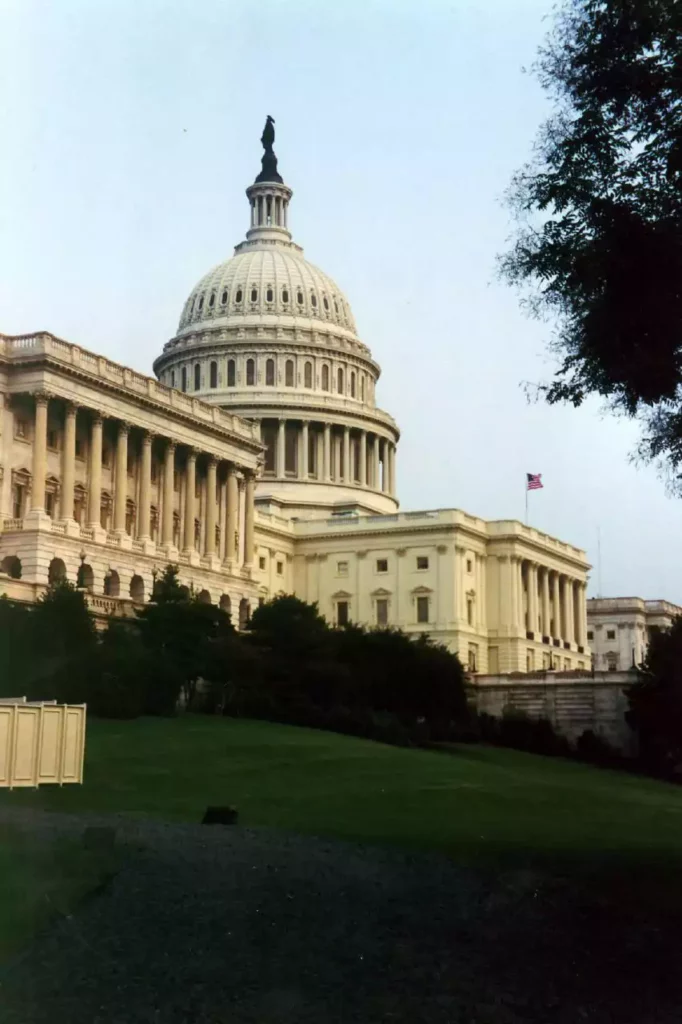
On Jan. 6, 2021, supporters of then President Donald J. Trump attacked the U.S. Capitol in an effort to overturn the presidential election won by current President Joseph R. Biden. The vitriol and violence displayed by the rioters unfolded on live television. People across the country and beyond watched as the mob, which included members of white supremacist and other far-right extremist groups, vandalized the building inside and out, assaulted law enforcement officers, and spurred the frantic evacuation of elected officials, staff, and others. Next week will mark the first anniversary of the insurrection.
What is the role of libraries and other cultural organizations in light of events such as Jan. 6? For one, these institutions can design and support programs that help place current events in historical context and explore their emerging legacies. Though indisputably momentous, the Jan. 6 insurrection was not, unfortunately, entirely anomalous or surprising. The insurrection was part of this country’s long history of white supremacist mob violence and vigilante justice. Moreover, the increasing mistrust of reputable media and government sources that motivated many of the Jan. 6 rioters has longer roots than the Trump presidency. Libraries, archives, museums, universities, and other cultural organizations can also provide access to reliable sources and guidance on interpreting them, and in the process promote the development of critical thinking skills essential to an empowered public.
In that spirit, the library is hosting two programs concerned with exploring the Jan. 6 insurrection. On Monday, Jan. 3, the library and Not In Our Town Princeton will present a Continuing Conversations on Race session featuring Cassie Miller, senior research analyst at the Southern Poverty Law Center’s Intelligence Project. Later that week, on Thursday, Jan. 6, the library has scheduled an author talk featuring Karen J. Greenberg in conversation with Julian E. Zelizer about her new book, “Subtle Tools: The Dismantling of American Democracy from the War on Terror to Donald Trump.” We encourage you to register for one or both events and to think critically about this anniversary.
by Madeleine Rosenberg
Photograph by Wally Gobetz via Creative Commons (CC BY-NC-ND 2.0).
